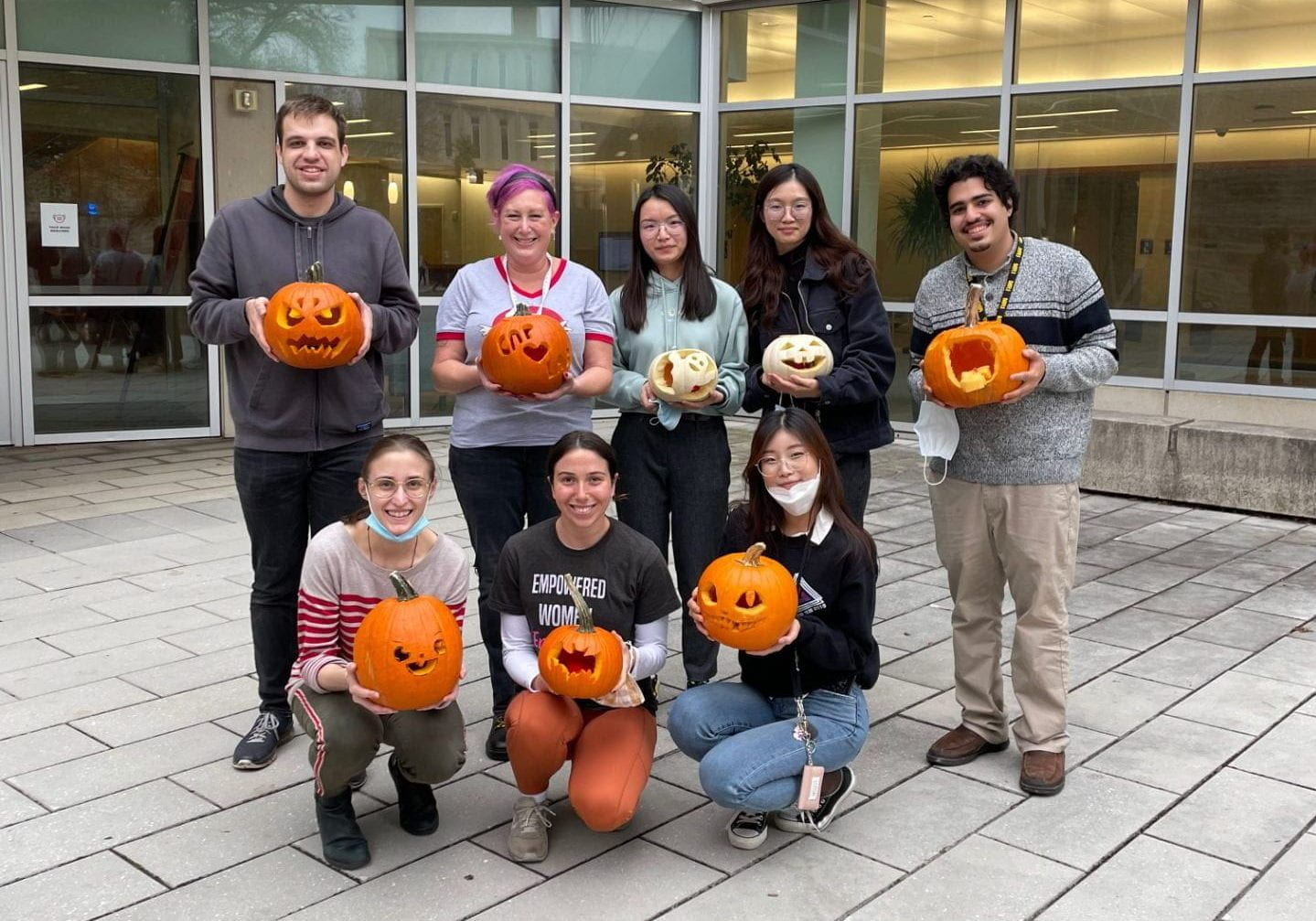 Our research focuses on families as a primary context for young children’s social and emotional development. Three central areas of interest are: (1) coparenting relationships—how effectively adults coordinate their roles as parents—and the implications of coparenting relationship quality for child and family functioning; (2) father-child relationships; and (3) the effects of children’s characteristics and behavior on family relationships.
Our research focuses on families as a primary context for young children’s social and emotional development. Three central areas of interest are: (1) coparenting relationships—how effectively adults coordinate their roles as parents—and the implications of coparenting relationship quality for child and family functioning; (2) father-child relationships; and (3) the effects of children’s characteristics and behavior on family relationships.
Research Projects
The New Parents Project (NPP) is a long-term study that has followed 182 couples (mothers and fathers) from prior to their first-born child’s birth through their first-born child’s 7th birthday. The central goals of NPP are to understand the development of family relationships—especially father-child relationships—and how these relationships affect children’s social and emotional development. However, NPP contains a wealth of data on parents and children and has yielded a range of additional scientific discoveries regarding how new mothers and fathers divide childcare, the evolution of romantic relationships across the transition to parenthood, and the role of social media in parenthood.
Parents and Preschoolers Study
The Parents and Preschoolers Study (PPS) was designed to address the associations between levels of father involvement in parenting and coparenting relationship quality in two-parent families and their longitudinal contributions to young children’s social and emotional development. This study followed 113 families with preschool-aged children over one year’s time, and included observations of family relationships, surveys completed by parents, and assessments completed by children.
Other Data
Members of the lab also use large national data sets to address questions regarding family relationships and children’s development. These data sets include the The Future of Families and Child Wellbeing Study (Fragile Families and Child Wellbeing Study) and the NICHD Study of Early Child Care and Youth Development.

